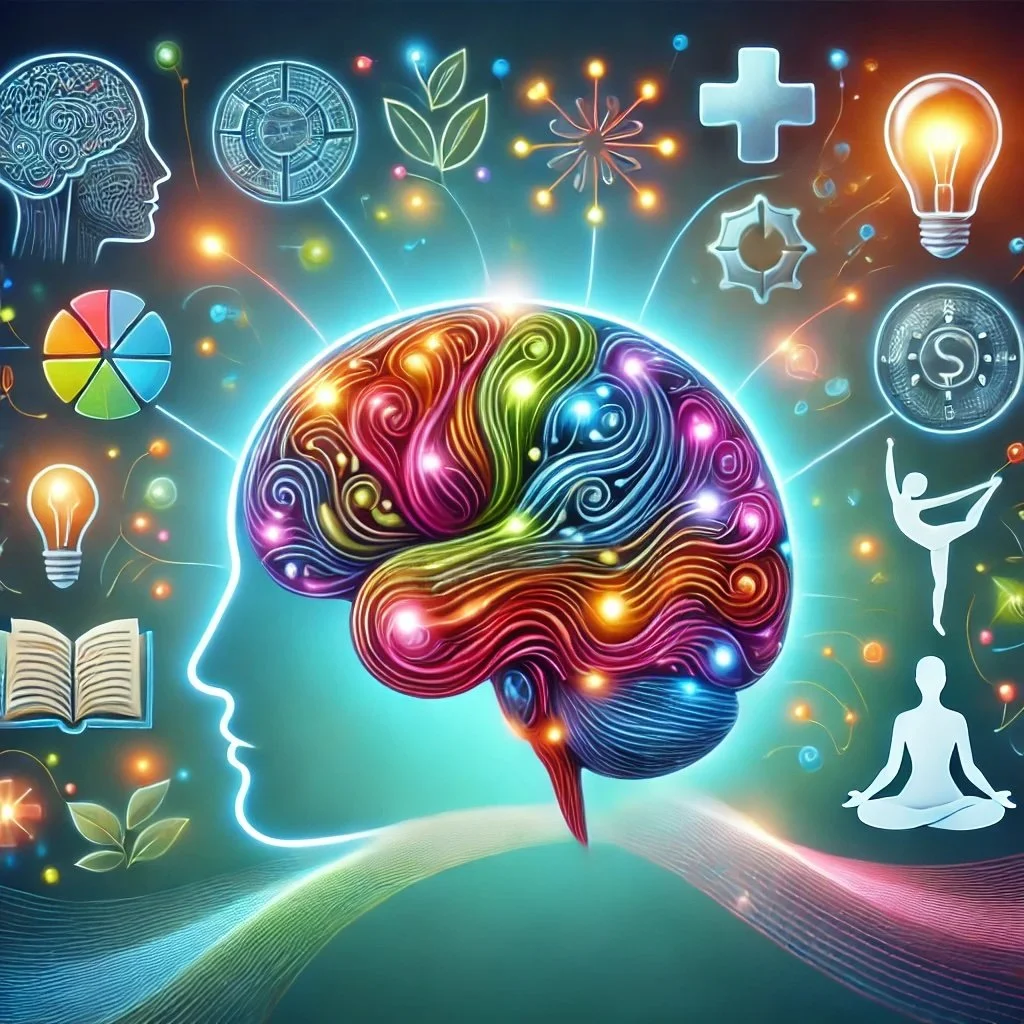Similar to a tree adjusting to elemental shifts by extending new branches and foliage, the brain has the ability to adapt and change throughout life in response to experiences, environmental influences, learning, and injury, such as a stroke. This fortifying of neural connections is known as neuroplasticity.
Training neuroplasticity as we age is vital because it helps maintain cognitive function, preserves memory, and supports overall brain health. As we grow older, the brain naturally undergoes changes, including a decline in neural plasticity. By actively engaging in activities that stimulate neuroplasticity, such as learning new skills, physical exercise, and mental challenges, we can counteract age-related cognitive decline, enhance memory, and promote lifelong learning. Training neuroplasticity also fosters resilience against neurodegenerative diseases such as Alzheimer's and helps ensure a sharper, more adaptable mind as we navigate the challenges of aging.
Neuroplasticity Activities
There are a variety of easy things you can do each day to add neuroplasticity such as:
Take a different route on your morning walk.
Drive a new route to work.
Brush your teeth or eating with your opposite hand.
Travel to different places
Practice visualization and meditation
Join a meet-up group, or book club and improve your social interactions.
Learn a New Skill
Learning a new language, or mastering a new hobby, are both a great way to challenge the brain. Here you will find a variety of different resources and courses that will help improve the neuroplasticity of the brain.
BRAIN GAME EXERCISES
Here, you'll discover a range of apps and online platforms tailored to enhance various cognitive skills, including memory, attention, and problem-solving. These tools offer you the flexibility to strengthen your brainpower anytime and anywhere.
NEUROPLASTICITY EXERCISES
Activities like dance, tai chi, yoga, and strength training offer excellent means to enhance blood flow to the brain, promote coordination, mindfulness, stress reduction, and cognitive function.



